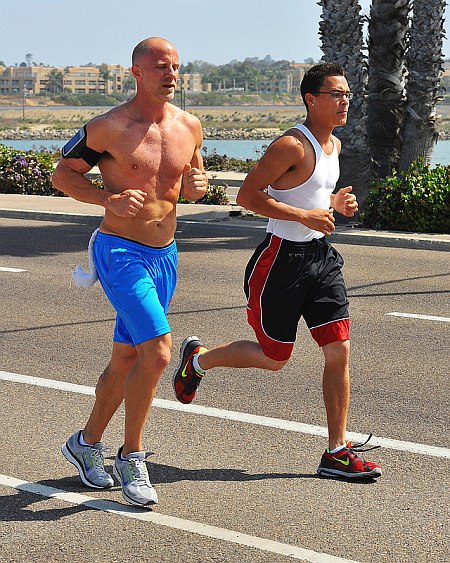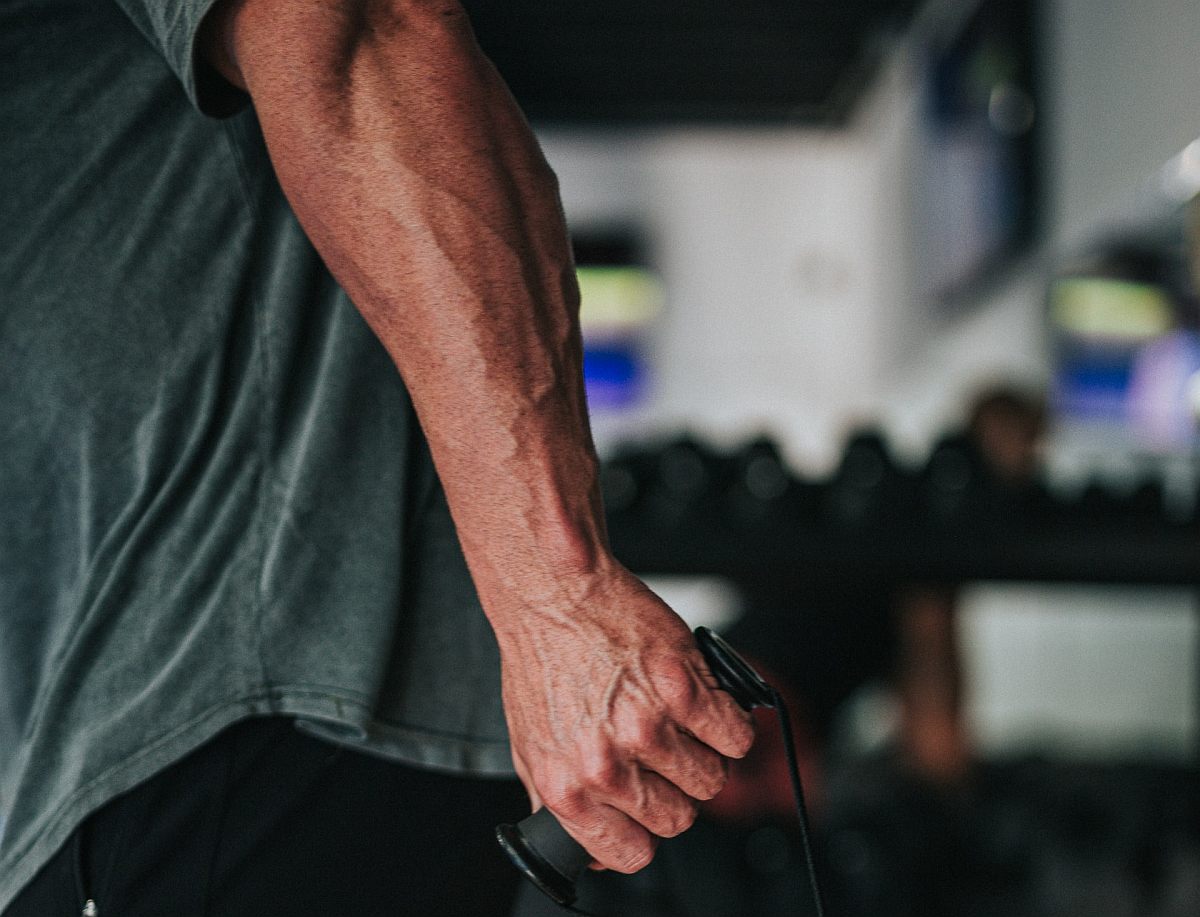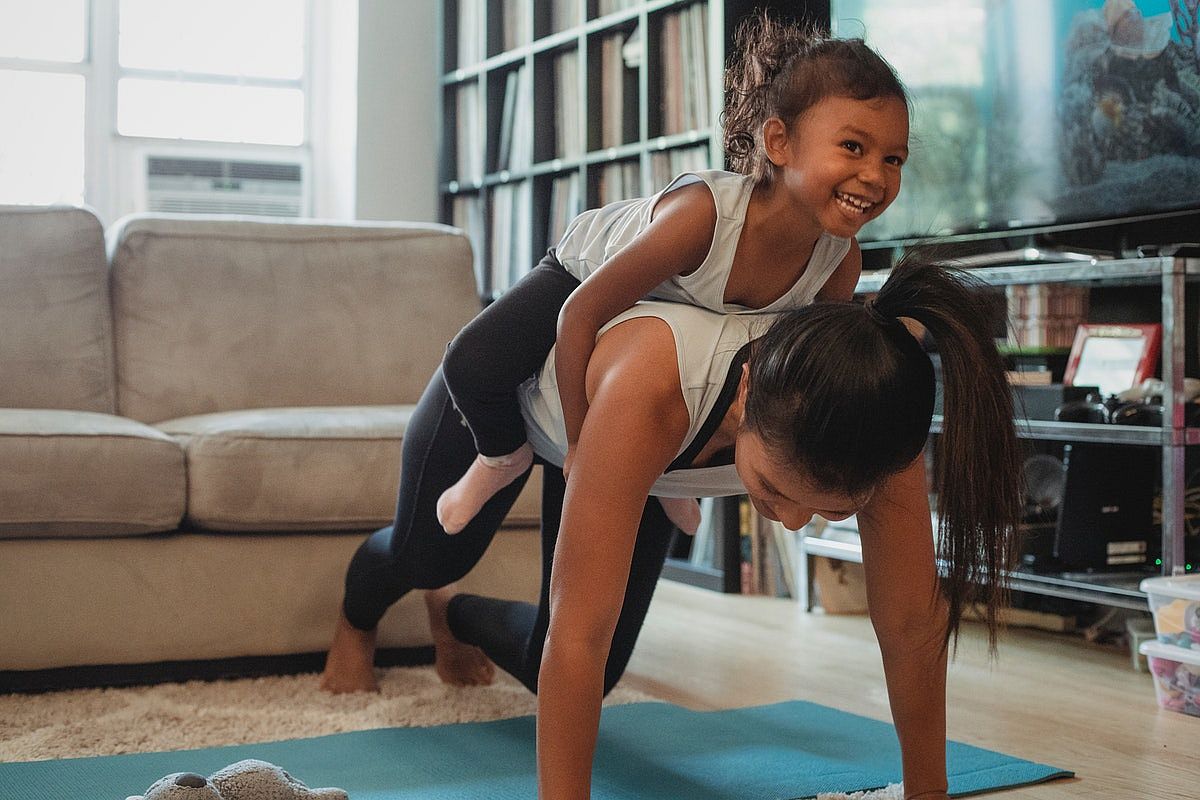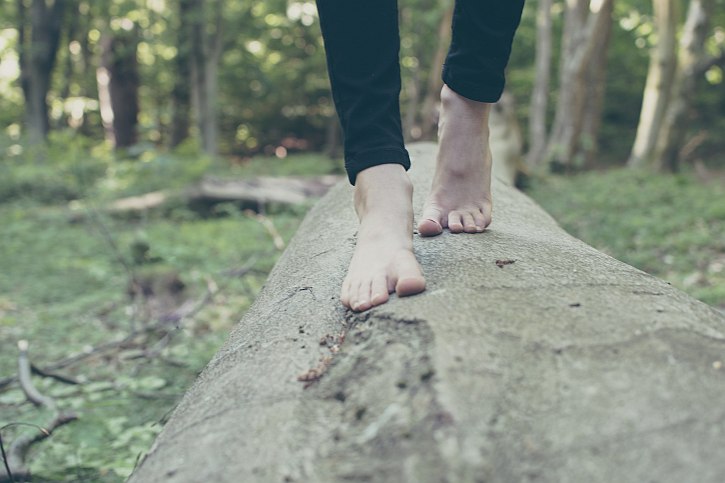Jogging may not be as safe as you think. This simple exercise also requires protection like other more strenuous physical exercises. To stay fit and safe, you have to protect your calves, knees, feet, back, etc. when jogging. In this article, we will particularly discuss tips on how to protect your ankles as they consist of joints that receive the most pressure while you are jogging or running.

1. Perform Balance Training
Balance is very important in any kind of sports or movements. You have to get your balance while walking and that is why your arms swing involuntarily. When you walk, jog, run or jump, the ankle plays a huge part in withstanding the great force put forth. As such, balance training is much recommended to be a regular routine performed every day. Spend about 10 minutes to do the following.
Stand on one leg and hold this position in 30 seconds and repeat the procedure on the other leg. You don’t have to raise your leg up high to the knee level but at least you feel that there is force sustained to practice keeping the balance. Another way to do this is to perform one leg mini squats. This is fairly the same; the difference is that instead of just standing, you are half-squatting with one leg and the opposite leg for 10 repetitions.
2. Strengthen Your Ankles
Whether or not you’re an athlete, your ankles must be strong to decrease the chances of incurring injuries. Strengthening lower leg muscles will help to avoid shin splints and Achilles tendonitis. A good way to do is to purchase a thera-band from a medical supply store. The first step is to place the band around the top of your foot and then curl your toes to have that resisted range of motion. You must feel that there’s a strain in the internal muscles of your foot. Wait 20 counts before proceeding to the other foot. Perform three sets of alterations.
If you don’t have a thera-band, you can raise your leg calves alternately to build calf strength. Stand on a leg with as little support as you can. While doing this activity, wearing proper shoes or boots is much recommended. Poorly fitting or worn out shoes may cause you some trouble like twisting your ankles. And then push up on your toes as far as you are comfortable and repeat until the calf tires.
3. Apply Cold Therapy
Cold compression therapy will help to relieve pain from strains in your ankles’ muscles and joints almost instantly. The application of ice tends to cool the affected area, reducing the pain and swelling from soreness of ankles. This is especially usable when you see early signs of injuries wherein ligaments are pulled, tissues are stretched and blood vessels torn or damaged. Before jogging again, make sure that you come prepared by warming up and stretching.
4. Use Hot Therapy
For the care of acute injuries, hot therapy may also be used. This will increase the temperature of the skin and the underlying tissue, so that blood flow would increase. Transporting heat, proteins and other nutrients as well as oxygen promotes healing of the affected muscle or joint. There are wraps, sprays and devices available to transmit heat signals to the brain that compete with the signals arising in the affected tissue.
Conclusion
There are several ways to protect your ankles when jogging – both prevention and caring when injury is felt. Experts from the ACPE Academy, preventing sprains is still better than working to treat it afterwards. However, when you perceive that the damage is too complicated, you might want to go see a medical professional and avoid shortcut rehabilitation that may lead to a more serious injury to your ankles. Regardless the case, you have to respect your body’s healing capabilities. To speed up the process of healing, you can elevate your legs and use braces or use supportive taping to prevent relapses.
Author Bio:
Adeline Erwin is a budding lifestyle writer based in Sydney, Australia. As a part-time fitness instructor, she motivates people to get back into shape, using only the most natural means possible. She is also a strong advocate of eliminating junk food from the typical school child’s diet. On her spare time, she loves doing arts and crafts projects with her 2 adorable daughters, ages 6 and 8.



Leave a Reply